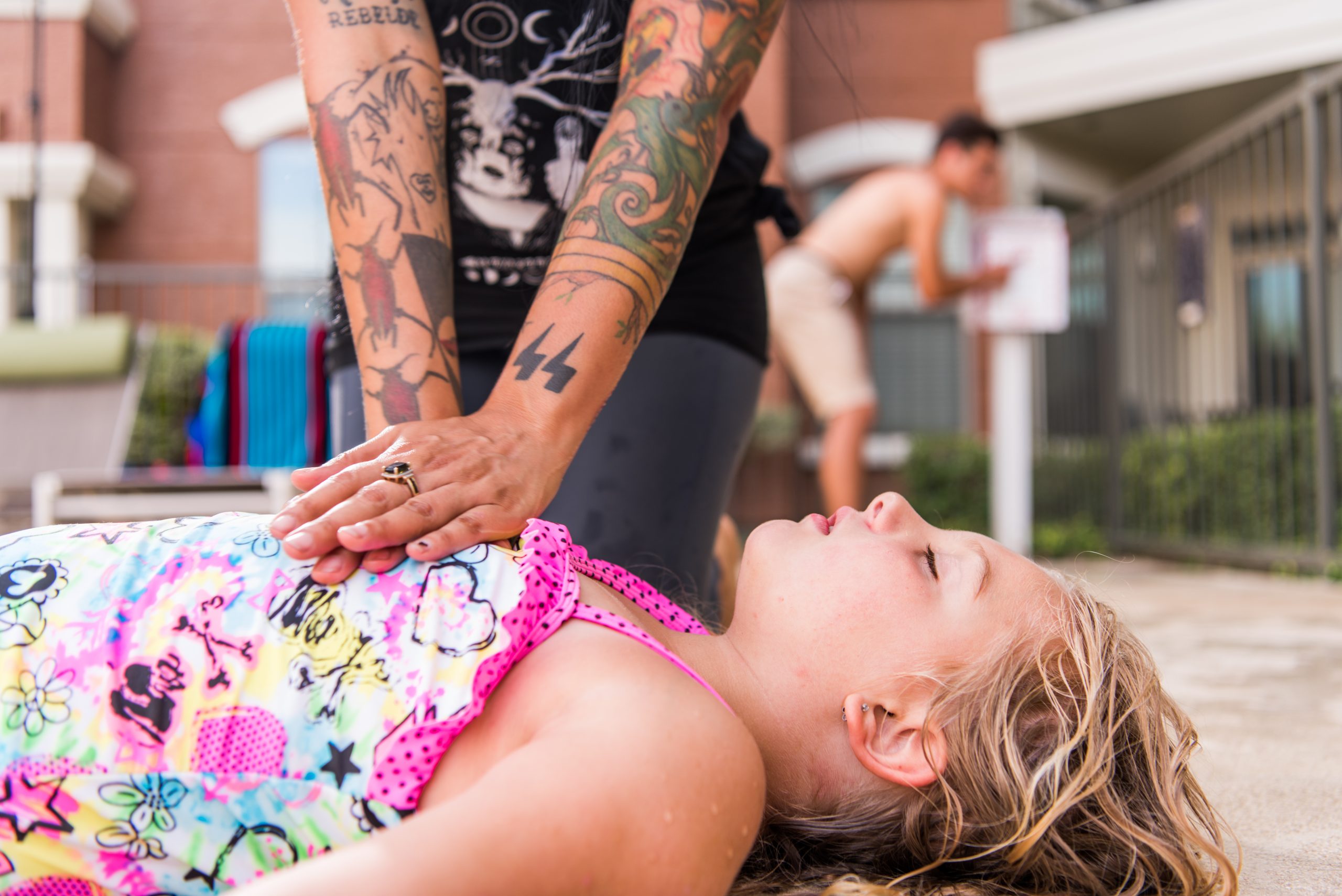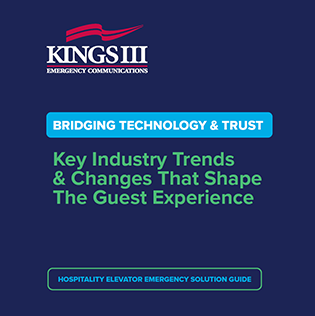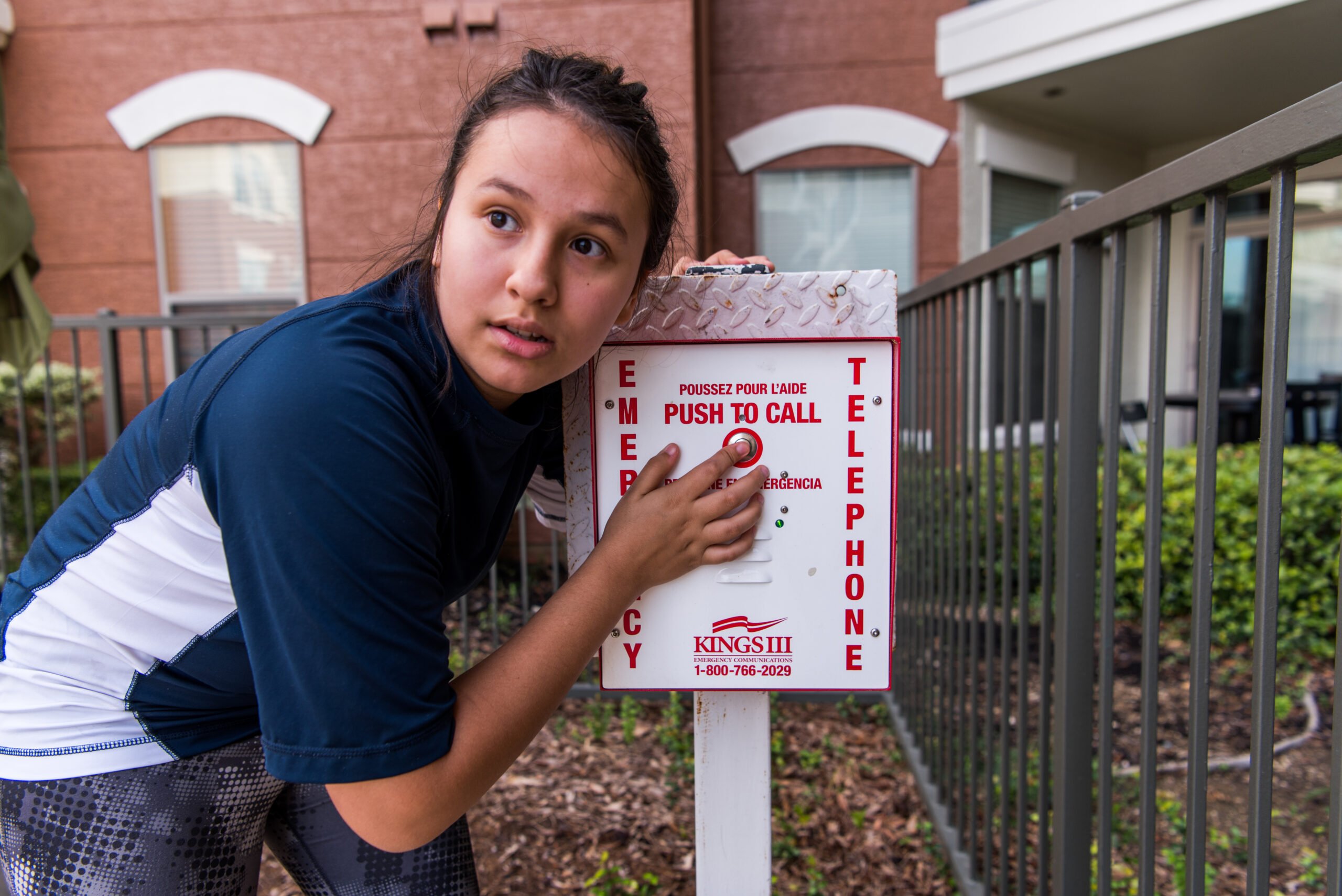BLOG CATEGORIES
Myths About Drowning

Pool emergencies like drowning occur far too often. Many times this is because the public is misinformed about a lot of aspects of drowning. Simple awareness of drowning myths can be preventative. This blog covers some top drowning myths people have.
Have you ever had a near-drowning experience? Going through such a thing could be so traumatic as to make you fear swimming or being near any body of water for the rest of your life. After all, that feeling of being surrounded by a tremendous pressure that feels like invisible walls closing in on you, constricting your breathing and making you feel like your head is swelling up to the point of exploding is no joke.
All this takes place during a pool emergency that involves being submerged, hence the common notion that drowning could only be possible when you are underwater. However, contrary to what most people think, it does not always occur in the water—and this is where serious problems, which eventually become heartbreaking tragedies, set in. This is one of many myths that not many people are aware of.
In order to be as safe as you can in the pool, it is important to be aware of myths like these. Be in the know and learn what these drowning myths are by going over the details below.
Find out how to improve safety and reduce costs at your property
Our best-in-class emergency phone + monitoring solutions provide peace of mind and are backed by decades of expertise
Learn More
2024 ELLIES WINNER
Best Supplier -
Communication System
Myth #1: You Can Only Drown While in the Water
Although most cases of drowning take place during a pool emergency, you don’t always have to be underwater to be at risk. There is such a phenomenon known as “Secondary Drowning.” Also referred to as Delayed Drowning, it happens following a near-drowning experience.
As it turns out the person eventually develops a pulmonary edema, which is a build-up of fluid in the lungs, after surviving the incident. Just like regular drowning this leads to breathing difficulties that may result to serious brain injury or even death.
Someone can experience similar symptoms during Dry Drowning, which occurs when a person’s airway spasms and closes after breathing in small amounts of water during a struggle.
Because Secondary Drowning and Dry Drowning can sometimes be counteracted with immediate medical observation, it really pays to take the victim to the nearest hospital following the episode. At best, you should always remain vigilant. Hence, it will be in your best interest to take advantage of emergency communications services like a pool phone, which will come in handy during any pool emergency.
Myth 2: It Takes Much Time for an Actual Drowning to Occur
Many people assume that a person must be submerged underwater for a long amount of time before a drowning fatality occurs. In actuality, you don’t have to be underwater for a half an hour or more before you stop breathing like some people expect. In fact, drowning can happen in as little as 30 seconds. Because of this, recognition and quick action are of paramount importance. One should always be aware of the people around them and should immediately access a public pool’s emergency pool phone at first signs of distress.
Myth #3: You Won’t Drown if You Know How to Swim
Adults who can swim are just as susceptible to drowning as someone who can’t swim. Health-related dangers like shallow water blackout, leg muscle cramps, and heart arrhythmia always have the possibility to occur while swimming and will strike anyone, regardless of age, swimming expertise or gender.
This is why it is always recommended to avoid swimming alone, no matter what your skill level may be. If you run into an issue like this alone, it is impossible for you to get the help that you need by accessing an emergency communications center. Even if the person with you is unable to help themselves, simply having someone with you will allow that other person to access the emergency pool phone at the very least. This can spell the big difference between surviving and perishing.
Myth #4: Drowning Can Be Easily Prevented When a Lifeguard is on Duty
Fact has it that drowning accidents usually occur in guarded pools with a lifeguard nearby. Although these pro-swimmers are tasked to keep an eye on everyone in the water, the number of people they have to attend to is a factor that affects their attentiveness to accidents as they take place.
Small children, in particular, are easily overlooked due to their size. Hence, most public pools post a sign that reminds parents to watch over their kids. This is why most public pools provide access to emergency pool phones in addition to an active lifeguard on duty.
Simply by being aware of these myths, you are more likely to have a safer pool experience. Be sure to be cautious of such myths and to let others around you know about these myths in order to promote a safe swimming environment. To learn more about how Kings III can aid if a drowning or near-drowning occurs, visit www.kingsiii.com.
CATEGORIES TAGGED
ELEVATORS
PROPERTY SAFETY
CATEGORIES
KEEP LEARNING

Bridging Technology & Trust-Guide
As technology evolves, the realm of emergency communications is experiencing a paradigm shift, driven by the phasing out of landlines and the implementation of updated elevator codes. These advancements not only impact technical components for hotels, but also bear profound implications for the human element - the core of exceptional hospitality.

Honoring the Impact of Asian Pacific American Leaders in Public Safety
This APAHM, Kings III is recognizing Asian Pacific American leaders whose contributions have shaped the landscape of emergency response and communication. From community advocates to heroic first responders, their impact continues to influence how we protect and serve others. Explore the stories of eight influential individuals whose legacies still guide the industry today.

How Kings III Helps You Cut Costs Without Cutting Corners
Managing costs without sacrificing safety is a challenge every property team faces. This blog explores how Kings III’s all-inclusive emergency phone solution helps reduce hidden expenses, simplify operations, and ensure code compliance—all while delivering 24/7 emergency response and peace of mind. From eliminating outdated landline costs to streamlining support, see how you can protect your property and your bottom line.

Kings III Acquires LiftNet, Advancing Connected Safety & Remote Monitoring in Elevators and Escalators
Kings III Emergency Communications partners with Wurtec to enhance elevator video messaging systems, addressing new code requirements for two-way displays and video monitoring. The collaboration combines Kings III's emergency response expertise with Wurtec's industry solutions to provide streamlined, compliant elevator safety communications nationwide.

Is Your Pool’s Emergency Phone Compliant? Here’s How to Check (And What to Do If It Isn’t)
Is your pool’s emergency phone truly compliant and ready when it matters most? A reliable, code-compliant emergency phone is more than a regulatory requirement—it’s a critical lifeline that ensures immediate access to help during emergencies. This guide walks you through how to check compliance, properly test your phone, and take the right steps if it doesn’t meet current standards. Whether you're ensuring your current system is up to code or exploring a more dependable solution, we’ll help you navigate the process and safeguard both safety and liability.

8 Women Who Shaped the Future of Emergency Response & Dispatch
This Women’s History Month, Kings III is honoring the women who have paved the way in emergency response and dispatch. From breaking barriers in EMS to pioneering advancements in emergency communication, these trailblazers have helped shape the way lifesaving services operate today. See eight influential women whose contributions continue to impact the field and inspire future generations.

Honoring Black Pioneers: 7 Influential Figures in Emergency Communications & Response
This Black History Month, Kings III is honoring Black men and women who served as pioneers in the fields of emergency dispatch and emergency response. See 7 influential trailblazers who broke barriers, advanced life-saving technologies, and shaped the way emergency services operate today.

How Recent Spikes in Copper Theft Threaten Your Emergency Communication & What You Can Do About It
Rising copper theft is putting emergency communication systems at risk, leading to potential service outages. Without a reliable backup, property managers may face compliance issues and safety concerns. Learn more about the threat and how a cellular solution can help protect your property.

Is Your Hotel’s Emergency Communication System Up to Code?
Hotel emergency communication systems must meet strict safety and compliance standards, but are yours up to code? From elevator phones to pool and parking lot emergency call systems, we break down key requirements and how to ensure your property stays compliant.




